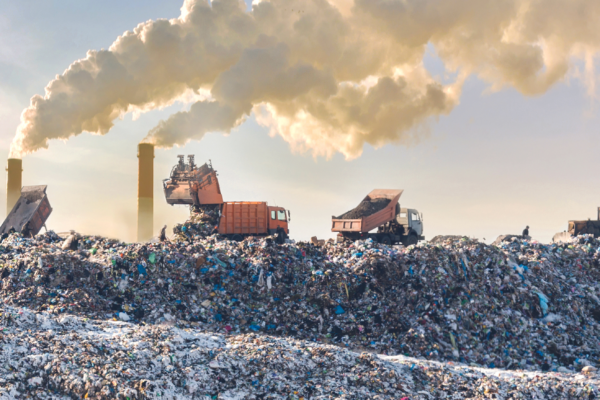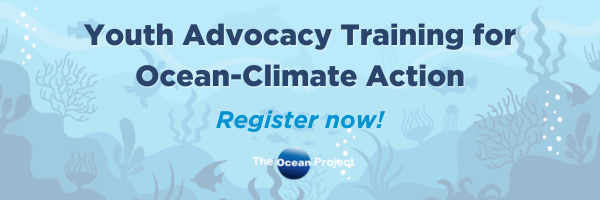
Ocean acidification has been studied by scientists for years with growing alarm, but the extent of the problem was not fully known. A study just out this month makes it quite clear: marine scientists warn that the rate of ocean acidification occurring is unprecedented in the last 300 million years.
Why is the ocean becomingmore acidic? Carbon dioxide from the atmosphere – much of it from human activity such as burning fossil fuels — dissolves in the ocean and increases its acidity. Because acid breaks down calcium carbonate – an essential ingredient for shells and skeletons – many marine animals are at risk.
Coral reefs have already been greatly affected and, even more disturbingly, tiny plankton – the base of the oceanic food web – are showing signs of being unable to form shells and grow. If plankton and related building blocks of the ocean food web cannot survive in a more acidic ocean there will be disastrous consequences for many ocean animals. A whole range of species would be impacted by a ripple effect up the food chain: from plankton-eaters like scallops and blue whales to humans who depend greatly on a healthy and productive ocean. This relatively unknown issue has potential to cause mass marine extinction events this century if we don’t reduce our collective addiction to fossil fuels.
While ocean acidification may not yet be on the radar screen for the vast majority of the public and decision-makers, given the immensity of this issue that will likely be changing soon. In fact, a March2 article on this emerging issue was the most read story on the financial website Bloomberg.com. Stay tuned for more info about how we can address this serious threat to ocean health.



